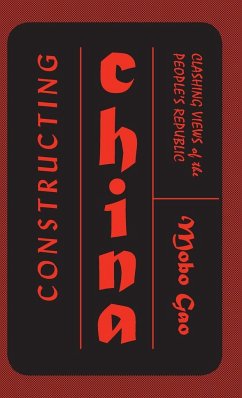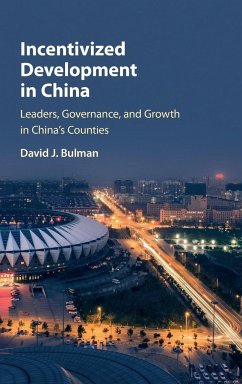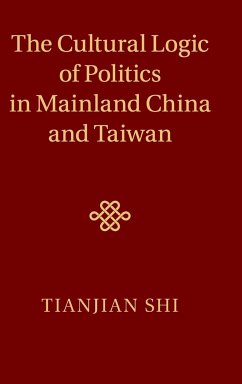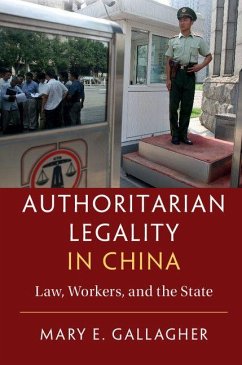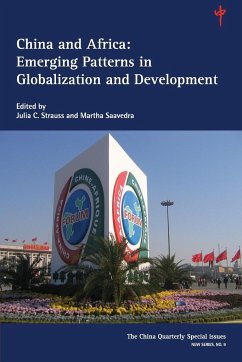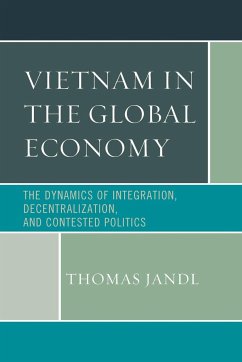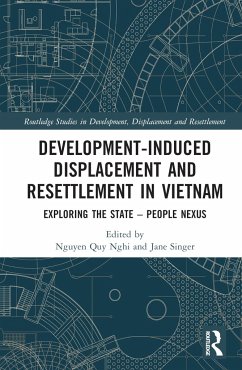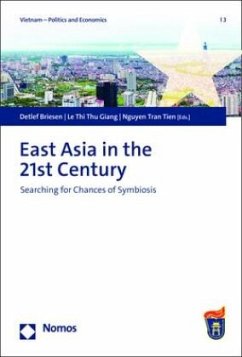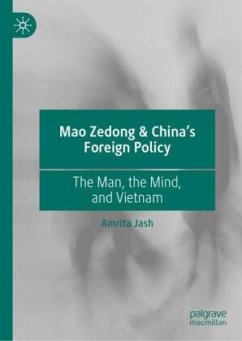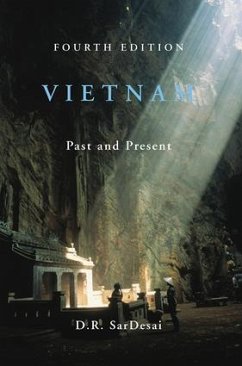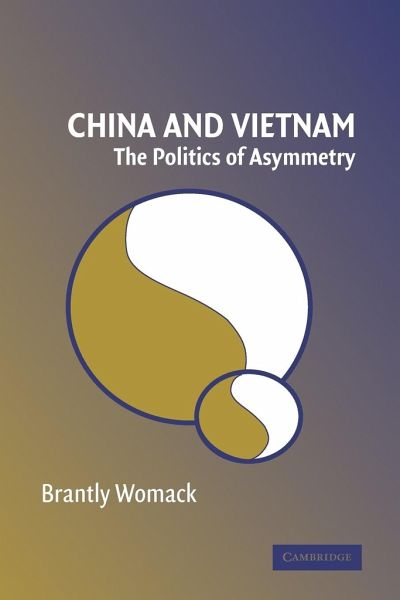
China and Vietnam
The Politics of Asymmetry
Versandkostenfrei!
Versandfertig in 1-2 Wochen
39,99 €
inkl. MwSt.

PAYBACK Punkte
20 °P sammeln!
In their three thousand years of interaction, China and Vietnam have been through a range of relationships. Twenty-five years ago they were one another's worst enemies; fifty years ago they were the closest of comrades. Five hundred years ago they each saw themselves as Confucian empires; fifteen hundred years ago Vietnam was a part of China. Throughout the one constant has been that China is always the larger power, and Vietnam the smaller. China has rarely been able to dominate Vietnam, and yet the relationship is shaped by its asymmetry.





